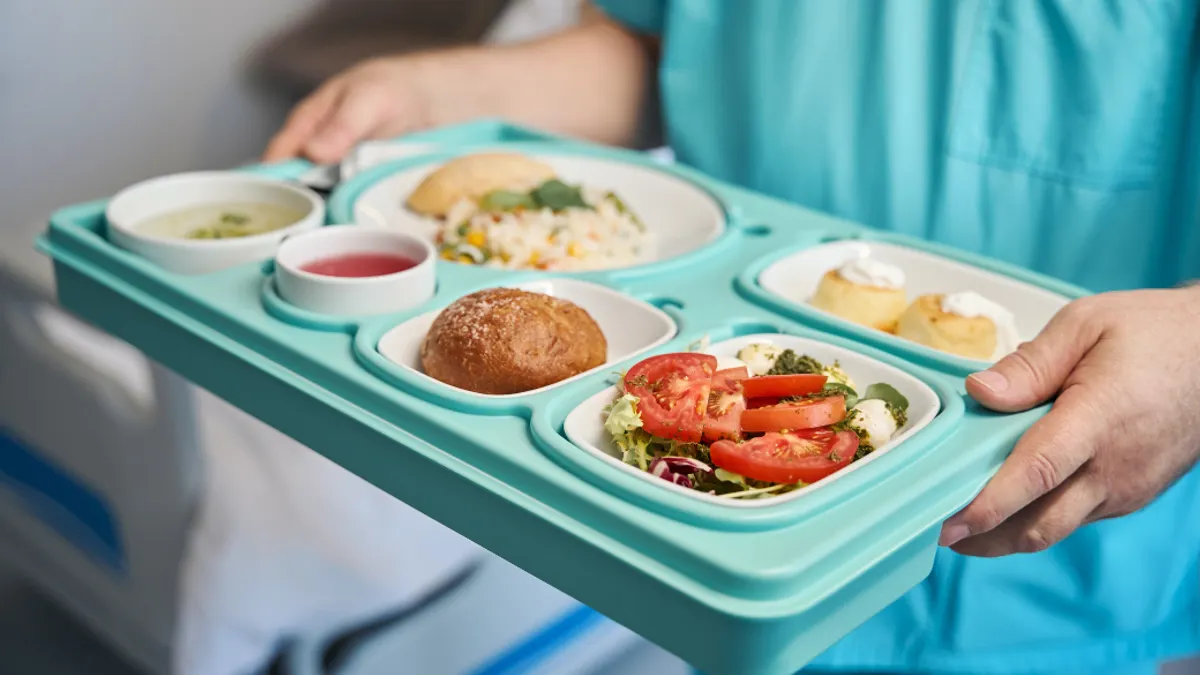In the healthcare sector, maintaining a safe and efficient environment is crucial for patient care and satisfaction. Among the myriad of contributing factors, commercial foodservice equipment and ice machines hold a critical role. Regular maintenance of this equipment is not only a matter of compliance but also a key factor in ensuring food safety and enhancing patient satisfaction. In addition, diligent upkeep supports the healthcare facility's standing with accreditation programs, reflecting its commitment to exacting standards.
Food Safety: A Top Priority
In healthcare settings, food safety is paramount. Patients often have weakened immune systems, making them more susceptible to foodborne illnesses. Proper maintenance of foodservice equipment is essential to prevent contamination and ensure the preparation and storage of food adhere to health standards. Equipment not functioning correctly can lead to temperature fluctuations, increasing the risk of bacterial growth.
Routine checks and maintenance can help identify issues like faulty temperature controls or clogged ventilation, allowing for timely repairs before they compromise food safety. Additionally, a well-maintained kitchen ensures that staff can perform their duties efficiently, reducing the risk of mistakes during food preparation.
Patient Satisfaction and Comfort
Beyond safety, patient satisfaction is a significant concern in healthcare. Good nutrition and hydration are vital components of recovery, and patients expect meals and drinks to be served at optimal quality. Ice machines, often located on patient floors, are particularly important for providing ice chips and cold beverages, which can help manage symptoms and enhance comfort.
A dirty ice machine or malfunctioning kitchen equipment can not only result in compromised food, but also complaints from patients, affecting their overall satisfaction with the healthcare facility. Regular maintenance ensures these machines operate smoothly, delivering quality products and consistent service to support wellness and a positive patient experience.
Accreditation and Compliance
Healthcare facilities strive to meet rigorous standards set by accreditation bodies. These standards often include detailed requirements for foodservice operations and equipment maintenance. Accreditation organizations look for evidence of regular upkeep and adherence to food safety protocols, including Hazard Analysis Critical Control Point (HACCP) guidelines.
Regular maintenance helps keep equipment in top condition and provides compliance documentation. This documentation is crucial during audits and reviews, as it serves as proof the facility is committed to maintaining a safe and efficient environment. Healthcare facilities that consistently meet these standards not only retain their accreditation but also build trust with patients, their families, and communities.
The Role of Professional Maintenance Services
Given the importance of regularly maintaining commercial foodservice equipment and ice machines, partnering with professional maintenance services is advisable. Experts can provide a comprehensive approach to upkeep, offering services such as planned maintenance programs that focus on preventing issues before they arise.
A planned maintenance program often includes regular inspections, cleaning, and detailed reporting. This proactive approach minimizes downtime and ensures equipment is reliable and ready for use. Detailed reports can also help healthcare facilities track maintenance activities and address any recurring issues effectively.
How Smart Care Can Help
At Smart Care, we know that safe, efficient operations are essential in healthcare. That is why we provide fast, reliable installation, repair, and maintenance for commercial foodservice equipment and patient floor ice machines—ensuring compliance, safety, and operational excellence.
Our expert service includes a Planned Maintenance (PM) program designed to protect patient and food safety, featuring detailed reporting that supports HACCP guidelines and provides proof of corrective actions for accreditation compliance.
By ensuring food safety, enhancing patient satisfaction, and supporting compliance with accreditation programs, regular maintenance protects both the health of patients and the reputation of healthcare facilities.










